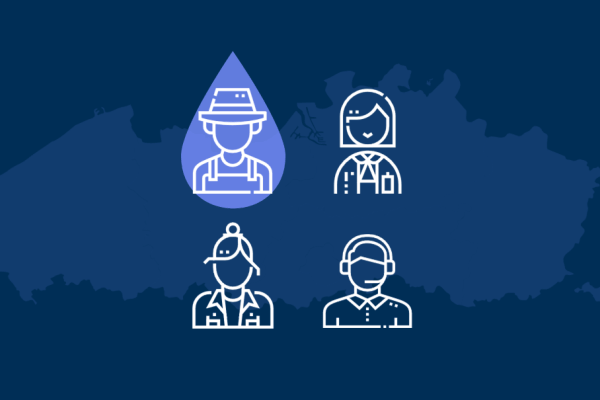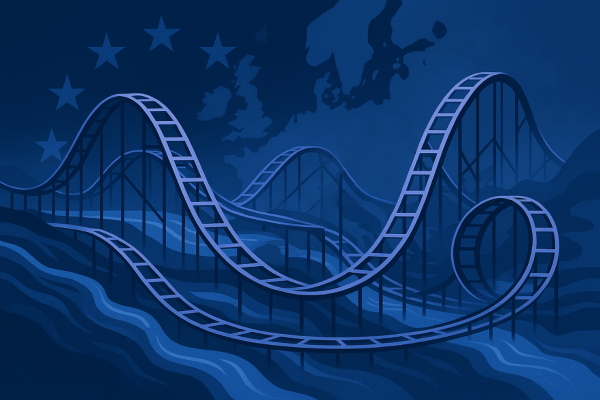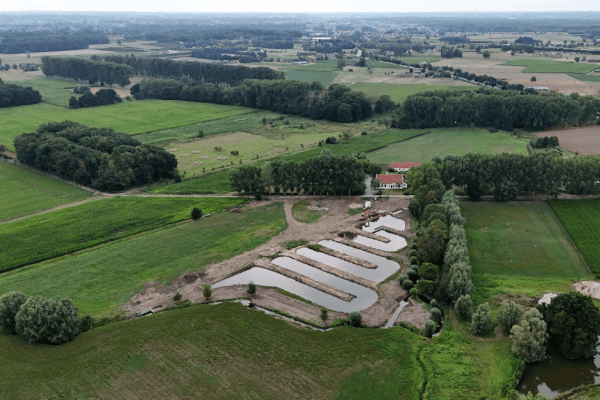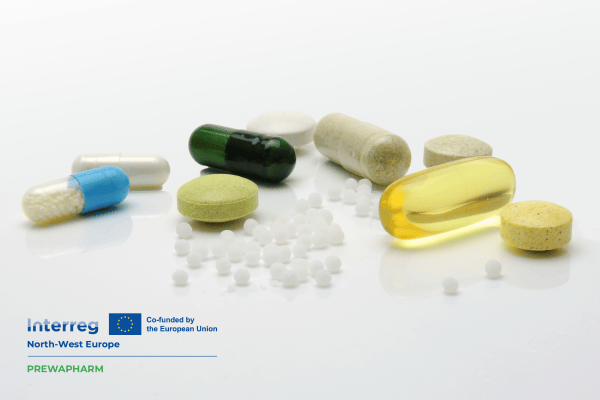Pharmaceutical residues in water – Flemish research plays a key role
Medicines play an essential role in our healthcare system, but they also pose environmental risks. Up to 90% of orally administered drugs – including antibiotics and hormones – end up in wastewater through urine and feces. Because wastewater treatment plants often fail to adequately remove these substances, they make their way into our surface waters such as streams, ponds, and rivers. This has unwanted effects on our ecosystems, creates challenges for conventional drinking water production, and forces us to develop innovative purification techniques. Moreover, these contaminants contribute to increasing antibiotic resistance — a phenomenon that causes as many as 35,000 deaths per year in the EU alone.
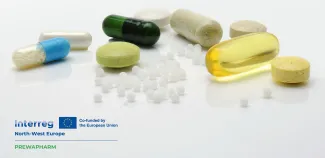
Tackling the issues at the source
The Interreg project PREWAPHARM (Preventing Water Pollution by Pharmaceuticals) addresses this challenge in a structural way — right at the source. The project focuses on interventions that prevent pharmaceutical residues from entering wastewater in the first place, eliminating the need for their removal later on. Potential approaches include developing alternative (less harmful) medicines, promoting changes in prescription practices, and introducing innovative collection methods.
Achieving this goal requires collaboration among all stakeholders in the pharmaceutical supply chain — from pharmacists and doctors to hospitals, as well as water technology companies and wastewater treatment plants.
Flanders as a regional hub for communication and innovation
As a center of expertise in sustainable technology, VITO (Flemish Institute for Technological Research) plays a key role in PREWAPHARM. VITO coordinates the water technology demonstrations and deploys its own state-of-the-art pilot installations to remove pharmaceuticals from (waste)water as close to the source as possible — for example at hospital sites.
VITO also supports knowledge sharing and the development of regional action plans. Other Flemish partners include Aquafin, KU Leuven, Ghent University, and UZ Gent.
“Medicines play an essential role in society, but they also pose environmental risks. That’s why a chain-wide approach is needed: from green chemistry and sustainable production, to conscious prescribing and (de)prescribing training for doctors and pharmacists, all the way to innovative technologies that tackle pharmaceutical residues directly at the source,” explains Dirk Halet, Strategic Coordinator at VITO Kennispunt Water.
Concrete actions and impact
PREWAPHARM focuses on three key tracks:
-
Awareness-raising and behavioral change among both patients and healthcare providers;
-
Technological innovation through advanced purification at pollution hotspots;
-
Regional action plans and policy recommendations for a coordinated approach.
The solutions will be compiled into practical toolkits and models that can be applied throughout North-West Europe. In doing so, PREWAPHARM contributes to a future in which medicines continue to serve their vital societal role — without compromising our water quality.
Matchmaking at Aquarama: Healthcare and technology join forces against pharmaceutical residues
On 23 October 2025, PREWAPHARM will host an interactive matchmaking event during the Aquarama Trade Fair at the Brabanthal in Leuven – Belgium’s leading professional fair for water technology.
The event will bring together problem owners, such as hospitals, and solution providers, including technology developers and researchers. The goal is to jointly identify practical solutions to tackle pharmaceutical residues at the source.
In the morning, four thematic sessions will focus on hands-on solutions, followed in the afternoon by a project presentation and one-on-one matchmaking sessions.
Jo Brouns, Flemish Minister of Agriculture and Environment, will also address the press at 10:00 a.m., with special attention to this project.



